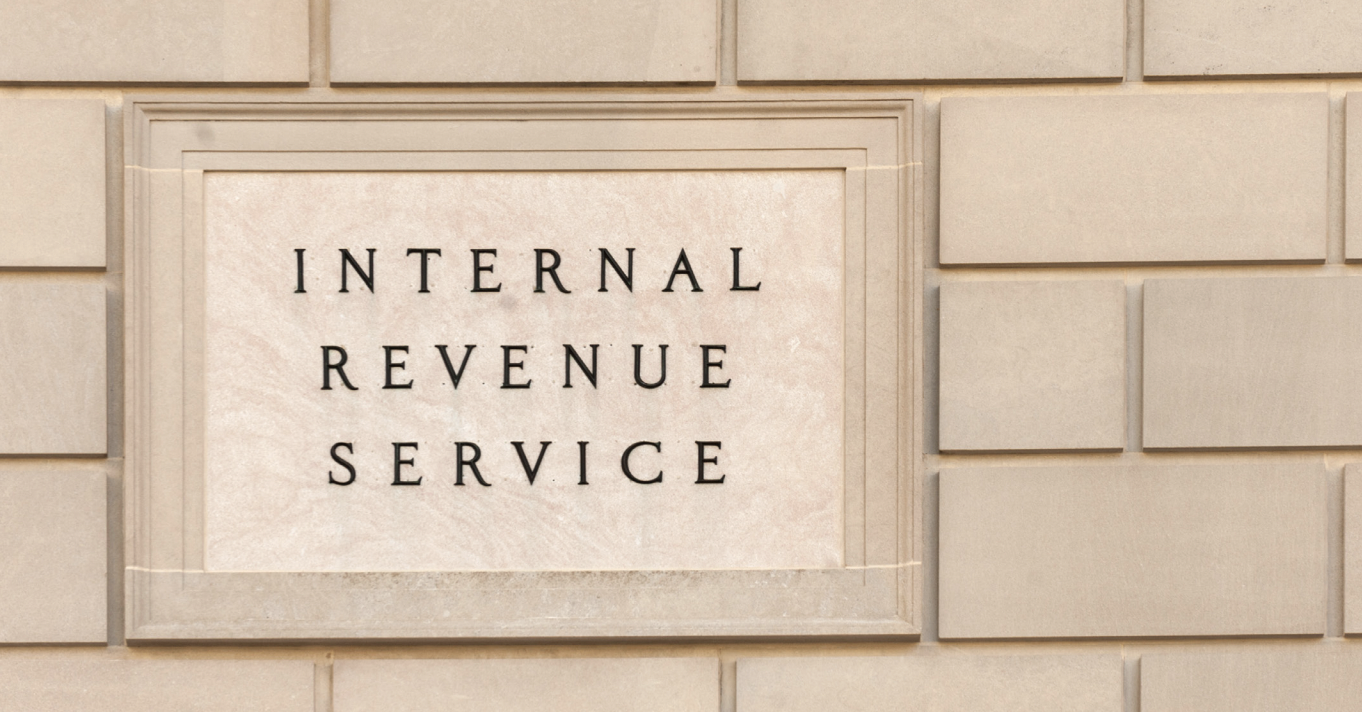DOL Penalties Increase for 2023
January 29, 2023
Notification Reminder forForms 1095-C and 1095-B
February 14, 2023On January 30, 2023, the Biden Administration announced its intent to end the Public Health Emergency and the National Emergency related to the COVID-19 pandemic on May 11, 2023. They are currently set to expire after February 28, 2023 and on April 11, 2023, respectively.
This announcement came in response to two bills in the House of Representatives proposing to end the national emergencies at an earlier date.
As previously reported, various employee benefit plan requirements are directly impacted by the Public Health Emergency and the National Emergency. Employers sponsoring health and welfare programs will need to make some decisions with respect to their programs.
End of the Public Health Emergency
When the Public Health Emergency (“PHE”) ends on May 11, 2023 various requirements as they relate to group health plan coverage, along with some helpful relief, will come to end.
• COVID-19 Testing. During the PHE, all group health plans must cover COVID-19 tests and other services resulting in the order for a test without cost-sharing (both in-network and out-of-network), prior authorization, or medical management and includes both traditional and non-traditional care settings in which a COVID-19 test is ordered or administered. This includes coverage for over-the counter (OTC) tests. When the PHE ends, this requirement no longer applies.
• COVID-19 Vaccines. All non-grandfathered group health plans must cover COVID-19 vaccines (including cost of
administering) and related office visit costs without cost-sharing; this applies, to both in-network and out-of-network providers. When the PHE ends, non-grandfathered plans must continue to provide the vaccine under the ACA preventive care mandate in-network; however, cost-sharing may apply out-of-network.
• Expanded Telehealth Relief for Large Employers. Large employers (51 or more employees) with plan years that begin before the end of the PHE may offer telehealth or other remote care services to employees (and their dependents) who are not eligible for other group health plan coverage offered by the employer. This relief expires for plan years that begin on or after May 11, 2023 (e.g., a June 1, 2023 plan year).
• Summary of Benefits and Coverage (SBC). Group health plans may notify plan members of changes as soon as practicable and are not held to the 60-day advance notice requirement for changes affecting the SBC during the plan year or for the reversal of COVID-19 changes once the PHE ends, provided the plan members are timely made aware of any increase and/or decrease in plan benefits summarized on the SBC.
• Grandfathered Plans. If a grandfathered plan enhanced benefits related to COVID-19 for the duration of the PHE (e.g., added telehealth or reduced or eliminated cost-sharing), the plan will not lose grandfathered status if the changes are later reversed when the PHE ends.
Employers should review these changes and decide how to manage the expiration in May of these requirements. Carriers and third-party administrators (“TPAs”) may also issue information for you to review and provide directions on next steps. In some cases (and to the extent allowed) carriers or TPAs may make changes with the next plan year.
End of the National Emergency
The Outbreak Period started March 1, 2020. It applies on an individual basis to group health plans, disability, and other
employee welfare programs. Government plans (e.g., a health plan of a city or county) are not required to comply.
During this time, a plan must disregard the period of one year from the date an individual is first eligible for relief, or 60 days after the announced end of the National Emergency, whichever occurs first, when determining the following:
• COBRA. The timeframe for the employer to provide a COBRA election notice; the 60-day election period for a qualified beneficiary to elect COBRA; the COBRA premium payment deadlines (45 days for initial payment, 30-day grace period for ongoing payments); the deadline to notify the plan of qualifying events or disability determinations.
• HIPAA Special Enrollment. 30 days (60 days for Medicaid/CHIP events) to request a special enrollment right due to loss of health coverage, marriage, birth, adoption, or placement for adoption.
• ERISA Claims Deadlines. Timeframes to submit a claim and to appeal an adverse benefit determination. For non-grandfathered medical plans, timeframes to request external review and perfect an incomplete request.
• This includes claim deadlines for a health FSA or HRA that occur during the Outbreak Period.
With the announced end of the National Emergency on May 11, 2023, the Outbreak Period will end July 10, 2023.
This means original deadlines will begin to run after July 10, 2023.
It should be noted that there is retroactive application with respect to COBRA, special enrollment rights for birth of a child or adoption, and claims.
Hopefully, additional guidance as it relates to the end of the Outbreak Period and measuring deadlines is forthcoming.
There are many unanswered questions as it relates to this relief.
In addition, there is fiduciary relief available during the Outbreak Period as it relates to certain notice and disclosure deadlines. Notably, many employers took advantage of good faith relief that allowed furnishing of certain notices and disclosure through electronic means, such as email or text, without having to satisfy more burdensome electronic delivery requirements. This relief will also expire after July 10, 2023.
Other Relief
There is other relief for qualified high deductible health plans (“HDHPs”) with a health savings account (“HSA”) that came about as a result of the COVID-19 pandemic but is not tied to the PHE or National Emergency. As such, these provisions should not be affected when these timeframes end.
• IRS Notice 2020-15. Allows a qualified HDHP to provide coverage for COVID-19 testing or treatment before the IRS deductible is satisfied without jeopardizing HSA eligibility. This relief applies until further guidance is issued. It does not appear that the end of the PHE will affect this relief, unless the IRS issues guidance stating otherwise.
• Telehealth Relief. For plan years that begin after December 31, 2022 and before January 1, 2025, an HDHP/HSA plan may offer telehealth or other remote care services before the minimum IRS deductible is satisfied without jeopardizing HSA eligibility.
Special Enrollment Opportunity
As a result of the end of the PHE, it is expected that many individuals will lose eligibility for Medicaid and the Children’s
Health Insurance Program (“CHIP”). The loss of Medicaid or CHIP coverage is a special enrollment opportunity onto a group health plan sponsored by an employer. Employers should be prepared to address requests for special
enrollment from otherwise eligible employees who lose Medicaid or CHIP coverage.
Employer Action
With respect to the end of the PHE, employers should discuss benefit plan design changes with carriers and
TPAs. Employers should be prepared to address requests for special enrollment as a result of a loss of eligibility for
Medicaid or CHIP. Employers should also monitor developments as the government funding to purchase COVID-19 vaccines is expected to end. Most group health plans will need to cover the cost of the vaccine as required preventive care (along with the administration) in-network and without cost-sharing. Reports from Pfizer and Moderna indicate the commercial cost could range between $110-130 per dose. With respect to the end of the Outbreak Period, employers should:
• Await additional guidance from the regulators; and
• Consider providing notice to employees that the extended deadlines will come to an end on July 10, 2023 and discuss COBRA implications with COBRA vendors.





